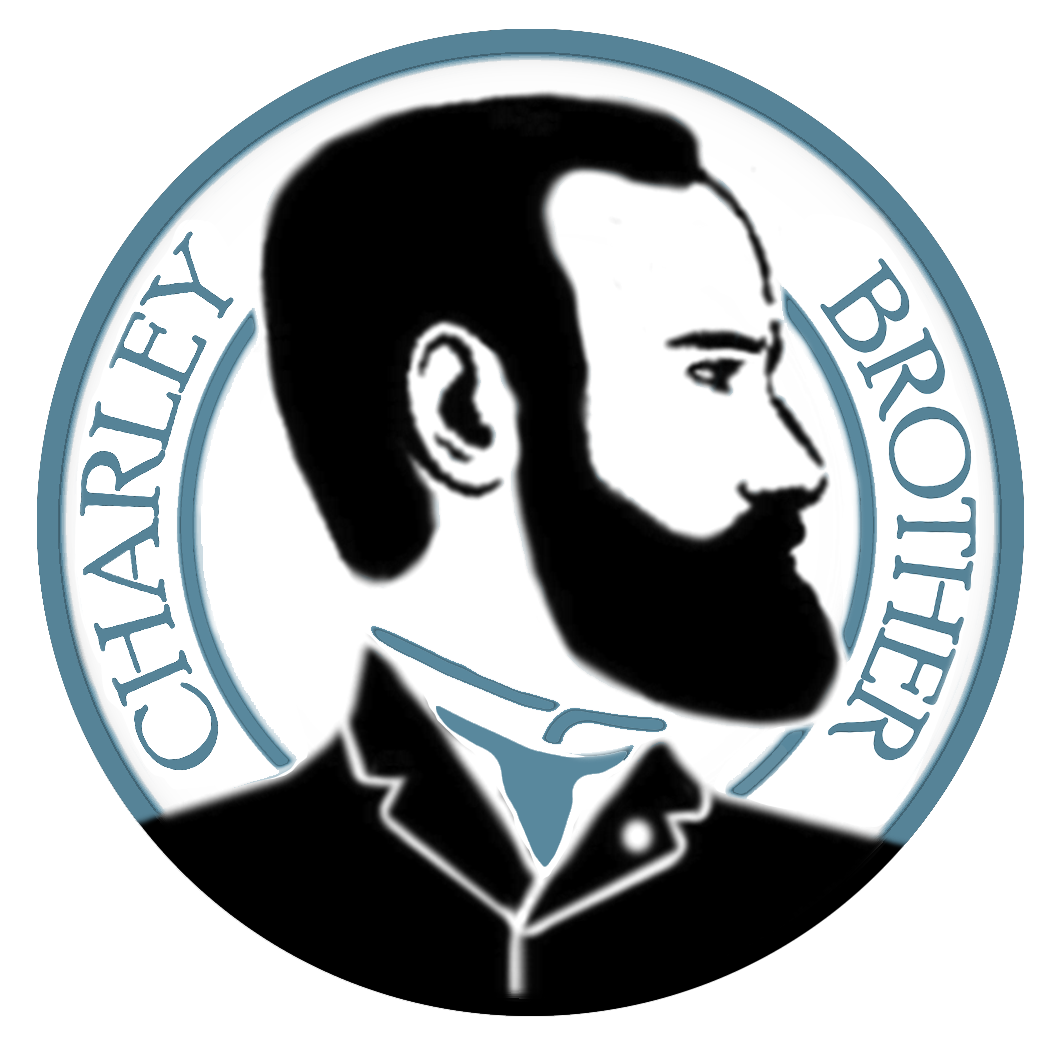When Mary Ann Brother was one month pregnant with Charles Brother (the one who grew up to be a Marine in the Civil War), she cringed as she listened to “H. H.” (Henry Hobart), her ten-year-old son. He performed at the winter concert for the Bath Classical School. It was January 1844.
He sang a ballad about a vulture stealing a baby, devouring it in his nest. Set in the Swiss Alps, the drama followed a lighthearted recitation by the perfect Howell boys of Shakespearean comedy. But her son’s chalky performance sent a determined chill through her that she did not break in two until she climbed into bed, hours later. Her better half already had the bed warm, missing the event for a migraine.
Now she was glad he did not witness the embarrassment, set up in a makeshift stage at the church of all places where he sang, “my children never ceased to scream.”
If her cozy husband said some comforting words as he welcomed her, she did not remember it, but she hungered for his warmth unable to stop shaking. The child they named after Episcopalian Bishop Hobart was now courting an agitator’s spirit.
As she stirred, she spun about the raw elements that came out of her sweet boy’s mouth. The Vulture of the Alps was about the mother wanting to chase the bird’s flight and later unable to shake off the shock, scaling the rocks to discover the bleached bones of her infant and seeing that crimson cap.
That woman’s determination to risk her life—and risk not returning for the other children—all just to satisfy herself as to the end of this story. Could a mother love one child more than the others? Was the woman a low peasant, not realizing the danger of the climb? Was that mother just mad with grief and shock? Was she courageous or without reason? Was she beautiful to go so far? What a strange song. Who writes this dark stuff? It is not appropriate. Did it really happen? What has happened to “H.H.” that he smiles while singing this?!
The next morning, “H. H.” was the first one up and he found her at the kitchen stove. Mentioning the song, he looked at his mother, waiting for her face to show affection or disgust.
He started to breathe right again when she smiled and kissed his forehead and said, “It was so powerful; can’t shake it! You have a gift and, my God, where did you come from!? Please I implore you, play a new song on the piano, something else!!”
Reprinted program for Jan 7, 1844 as published in newspaper The Plaindealer (Bath, NY) on Jan 7, 1898



